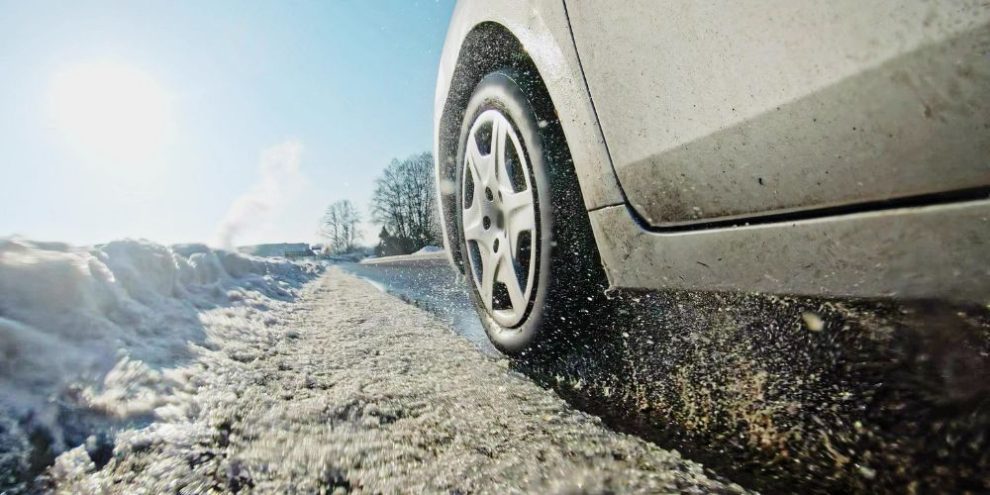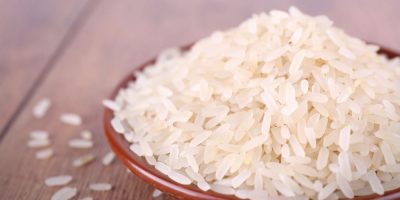
This Barrie 360 content is brought to you by Point S Action Tire
Winter in the great white north means dealing with varied and unpredictable weather. As a car owner, this has probably led to the debate over whether you need winter or all season tires.
One of the main reasons people avoid winter tires is the extra costs of buying, storing and switching them. But depending on the weather in your region, they may be the difference between a safe ride home and a car accident.
So let’s look at 5 reasons why you may want to reconsider switching to winters …
1. Their Rubber Is Made For Winter
Your tires need to be able to grip the road to get traction they need to do their job safely. The type of rubber used in your tires plays a big role in this process. If the rubber is too hard, you lose traction. This can negatively affect braking distance and turning.
If it’s too soft, it can cause you to lose control and increases the risk of blowouts. It can also cause your tires to prematurely wear out.
The problem is there’s a common misconception that all season tires are a good option for every season. Afterall, they’re called ALL seasons. But the rubber in all season tires is designed to be used year-round in climates where temperatures stay above 7°C. In our neck of the woods, a more appropriate name would be 3-season tires.
That’s because the rubber used in all season tires begins to harden at 7°C. (Yes, you read that right … the rubber hardens at temperatures above freezing.)
Winter tires are the opposite. They’re made from a softer rubber that stays pliable in cold weather. That means they become too soft above 7°C. But at temperatures at or below 7°C, the rubber maintains optimal traction and grip. That means winter tires are not just for snow … they also get better grip and stop more effectively in cold weather.
2. Their Tread and Siping Is Designed For Snow And Ice
In a perfect world, plowed roads would be completely free of ice and snow. But the reality is it never completely leaves the roads.
Winter tires have bulkier tread and more siping, which are the thin cuts across the tread. This design pushes ice, slush, snow and even water away from your tire’s path. This maximizes contact with the road for better handling in cold wintery weather.
Unlike winter tires, all season tires have finer tread and siping that can get easily clogged with snow and slush. As you drive, a thin layer of ice or snow develops between your tires and the pavement. This causes your vehicle to lose contact with the road. It may even lead to hydroplaning, which can reduce and even eliminate your ability to brake and steer.
3. They Have Better Stopping Power
No matter how good of a driver you are, there's always a chance you will need to make a split-second decision. When you do, you want to know your vehicle can handle it.
Because of the tread, siping and rubber of winter tires, they’re able to maintain better contact with the road. This means that they have better stopping power. In fact, tests show that winter tires have around 25% shorter stopping distances than all seasons.
This improved stopping power would also apply in emergency situations when your ABS kicks in. That’s because your ABS relies on your tire’s traction to make a safe stop.
RELATED: 7 signs it's time to get your brakes checked ...
4. They May Provide Improved Fuel Economy
According to the US Environmental Protection Agency, a drop in temperature from 24 to 7°C can increase your fuel consumption from 12 to 28%. This is because:
- More fuel is needed to warm up your vehicle before taking off
- There’s greater aerodynamic resistance
- Difficult weather conditions require your car to work harder
- Your vehicle’s electrical system, which gets power from the engine, works harder in the winter to run heating, defrosting, heated seats, etc
- A liter of winter fuel has less energy than a liter of summer gas
Luckily, there are steps you can take to help improve your fuel economy. One of these is installing winter tires.
You see, when your tires are in motion, they encounter roll resistance. This is the friction that works against your forward moving vehicle. The higher the friction or roll resistance, the more energy your car needs to move, which uses more fuel.
Investing is season specific tires with lightweight materials and good grip will use less energy. This may result in lower fuel consumption.
5. They Can Help Your Save Money In Other Ways
Lower fuel consumption isn’t the only way that winter tires can help cut costs. You can also benefit from insurance savings. That’s because most insurance providers offer discounts when you switch to winter tires, as they reduce the risk of an accident.
In addition, winter tires don’t make compromises for other seasons. They’re specifically designed for winter driving. This means you won’t wear through tires as quickly in the winter and shouldn’t have to replace them as often.
All seasons are designed for warmer climates. In colder temperatures, you risk the rubber getting too cold. This can cause cracking and loss of elasticity, which can make the tire more vulnerable to breaking. This could result in you buying more tires than someone who runs a set of winters and a set of all seasons/summers.
Ultimately, the decision to use winter or all season tires should be based on your local conditions and the conditions you most often drive in. While not everyone needs winter tires, being prepared for your specific region will improve safety and reduce costs over time.













